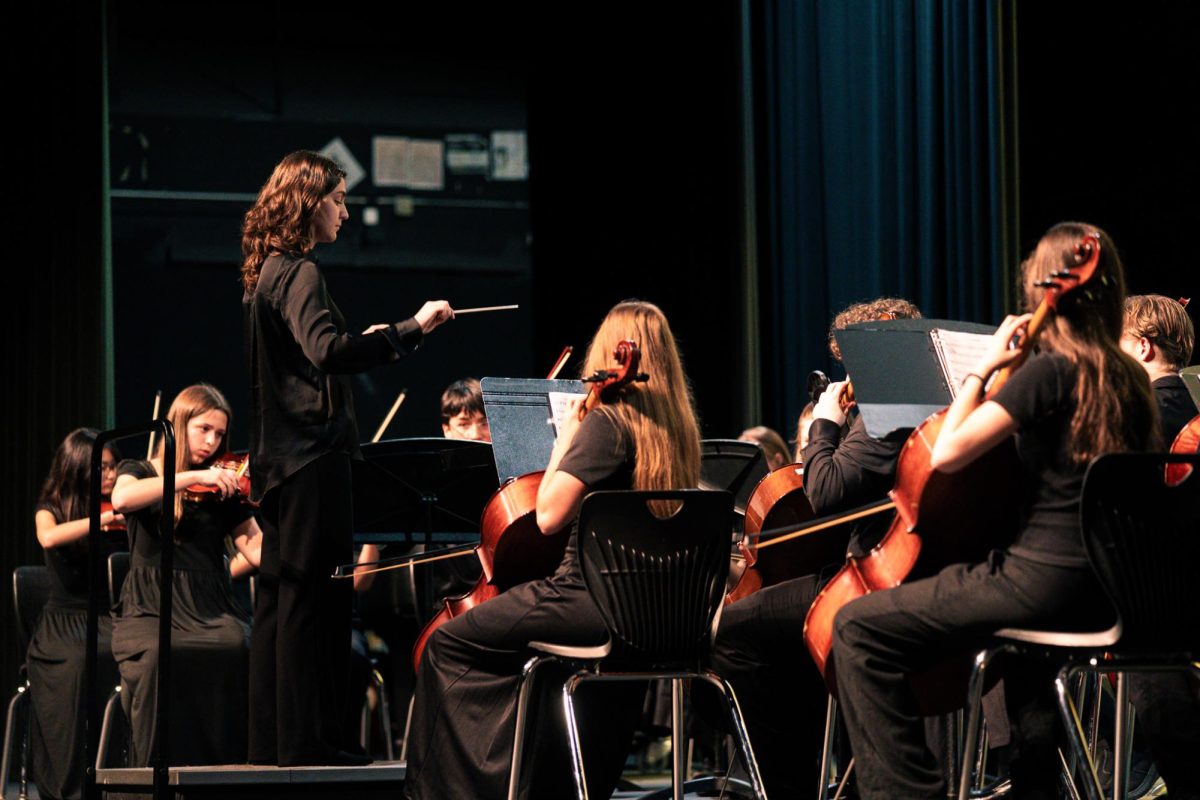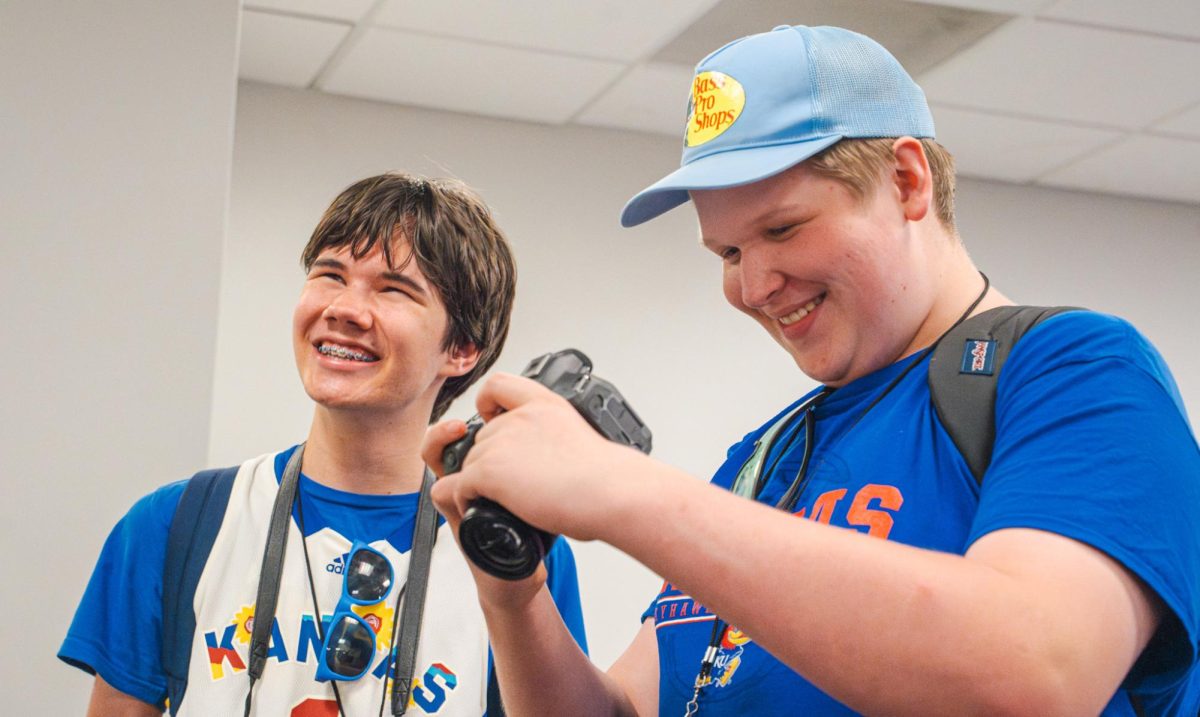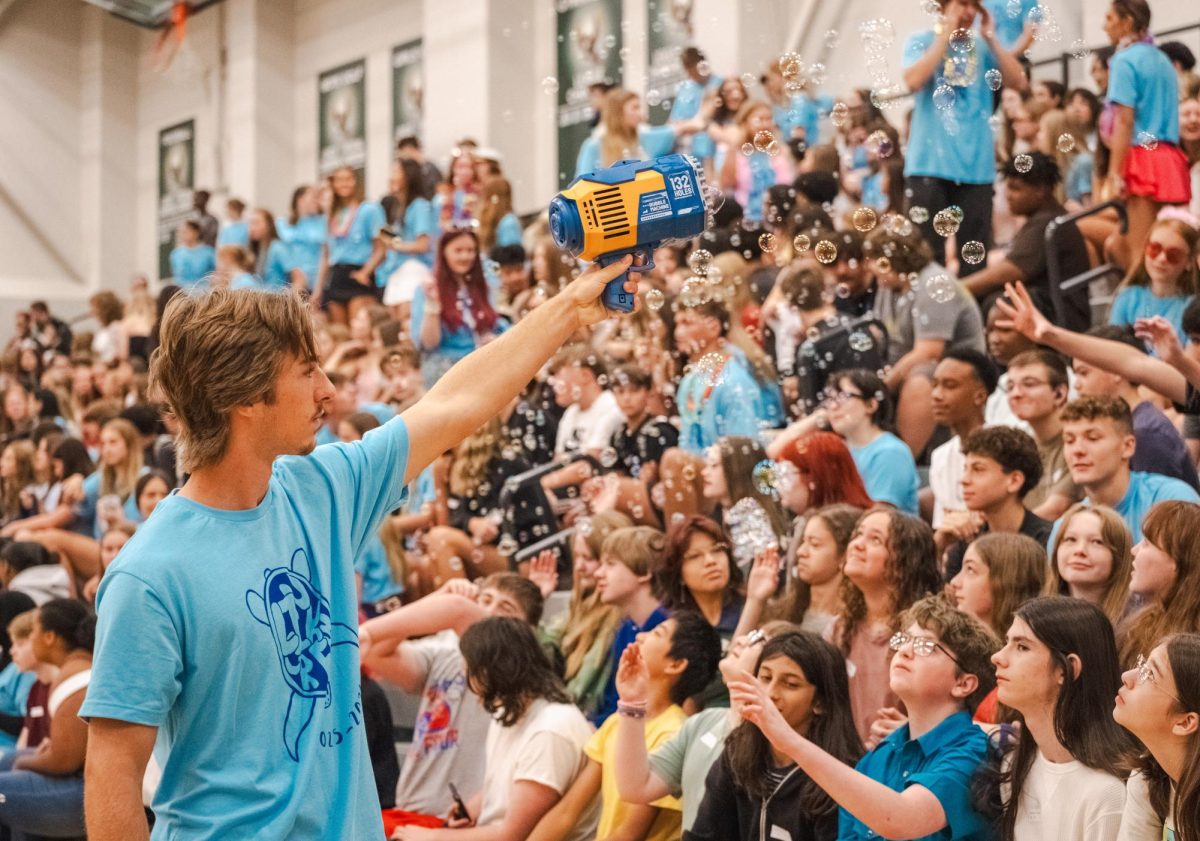Over the past century, the structure of the average American family has drastically changed. Modern technology allows people to contact each other at almost any time or place, something once considered an impossibility. Numerous sources tell parents to be a big part of their child’s education, but as high school students near adulthood, boundaries become blurred about how much a parent should be involved.
Virtual Realities
Parents and students at our school agree that technology has changed how families communicate. One highly influential technology is mobile phones, or cell phones. On-the-go communication via a cell phone is paramount in a time when every member of the family has an entirely different schedule.
“The cell phone has made a huge difference on parenting,” teacher Samantha Newlin said.
Newlin continued by saying that not only the calling feature, but the texting and image messaging features have allowed parents to be more aware of their child’s actions when they are away from home. In the past Newlin has made her daughter take a picture of herself and any parent they were with while away from home.
“It enabled her to do things that I wouldn’t have allowed her to do without it,” said Newlin. “It helps us safety wise, as parents, while being a little bit hands-off.”
Parents don’t just track their kids in the real world, they also have the ability to watch their children in the virtual world. The question of privacy within the realm of the internet is always in question, and many parents worry about their children’s activities while online.
“I cannot check on theirs because I am not their friend on Facebook,” teacher Katrina Rothrock said.
When compared with cell phone use, the process of creating a social network profile and using it to observe their children is quite complex for parents. Various settings can determine what information, if any at all, the parents see on their kids’ profile.
Technology has altered the landscape of communication, with elements pointing to both positive and negative effects on parenting. Technology can make it easier and more challenging for parents to discern their kids’ activities
Pack Mentality
“I would definitely say my parents are super involved,” said senior Victoria Gilman. “We have a weekly meeting on Sundays where my family and I sit down and figure out the plan for college searches for the week.”
Studies have shown that parental involvement in education can directly affect how well a student does in school.
“Parents that are involved usually have been since the beginning,” said Newlin. “Often at parent teacher conferences the parents you really need to see don’t come.”
However sometimes over-involved parents can be just as detrimental.
“If something happens in class and they make excuses for their students, [students] need to learn responsibility,” said Newlin.
With ever-changing roles parents and teachers are faced with difficult choices for their children and students. Whether the importance of privacy outweighs safety or enabling outweighs allowing a student to fail is something many students are one day going to have to face.













